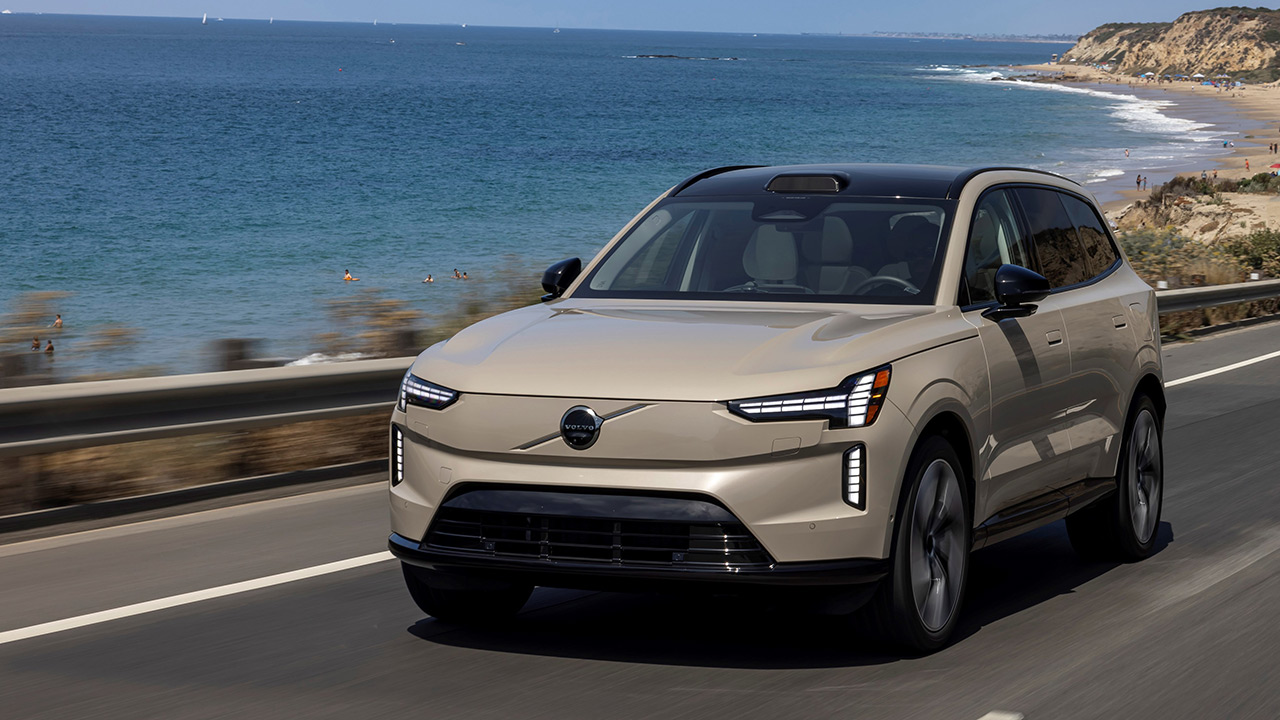The Swedish carmaker announced this shift just before showing off their updated XC90 model. Volvo's previous goal, mentioned as recently as August 28, was to sell only electric cars by 2030. Now, they're aiming for 90 to 100% of their vehicles to be electrified in some way by that time.
Right now, Volvo's electric cars make up 26% of their sales, while electric and plug-in hybrid cars together account for 48% of sales in the second quarter of this year. The company will keep working on both plug-in hybrid and mild-hybrid technologies to offer a range of options as they move towards an all-electric future.
Volvo CEO Jim Rowan explained the company's stance:
"We are resolute in our belief that our future is electric. It provides a superior driving experience and increases possibilities for using advanced technologies that improve the overall customer experience. The transition to electrification will not be linear, and customers and markets are moving at different speeds of adoption."
Several factors have led to this change in plans. The rollout of charging stations hasn't been as fast as expected. Some governments have stopped offering incentives for buying electric cars. Recent tariffs on electric vehicles have also created uncertainty in the market.
These challenges have affected Volvo's plans in specific ways. For example, their plans to produce cars in China haven't worked out as they hoped, which has delayed the launch of their EX30 model in the United States.
Volvo isn't the only car company to change its electric-only plans. The shift shows that the move to electric cars isn't happening at the same pace everywhere. Different customers and markets are adopting electric vehicles at different speeds.
Source: Volvo

